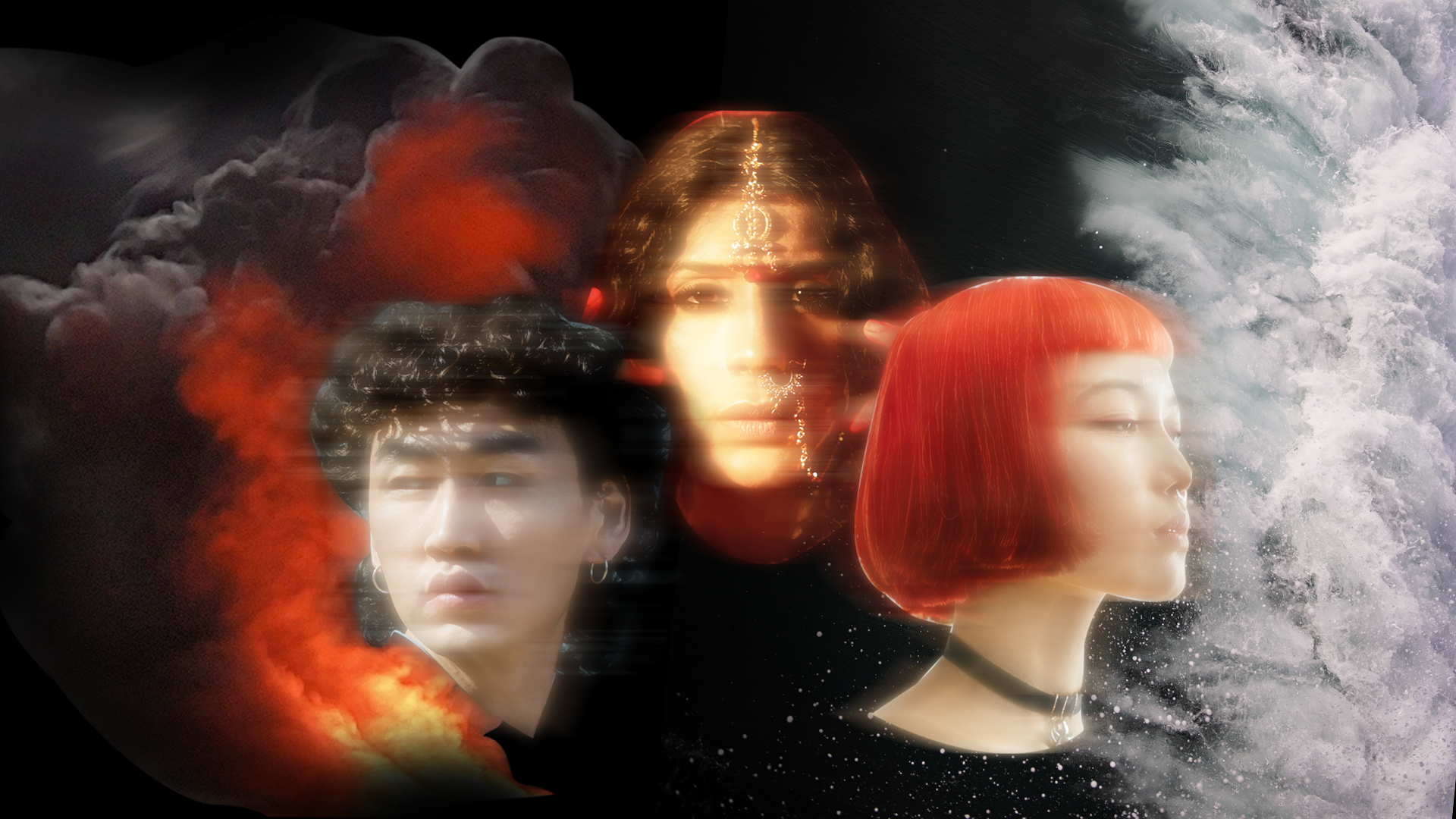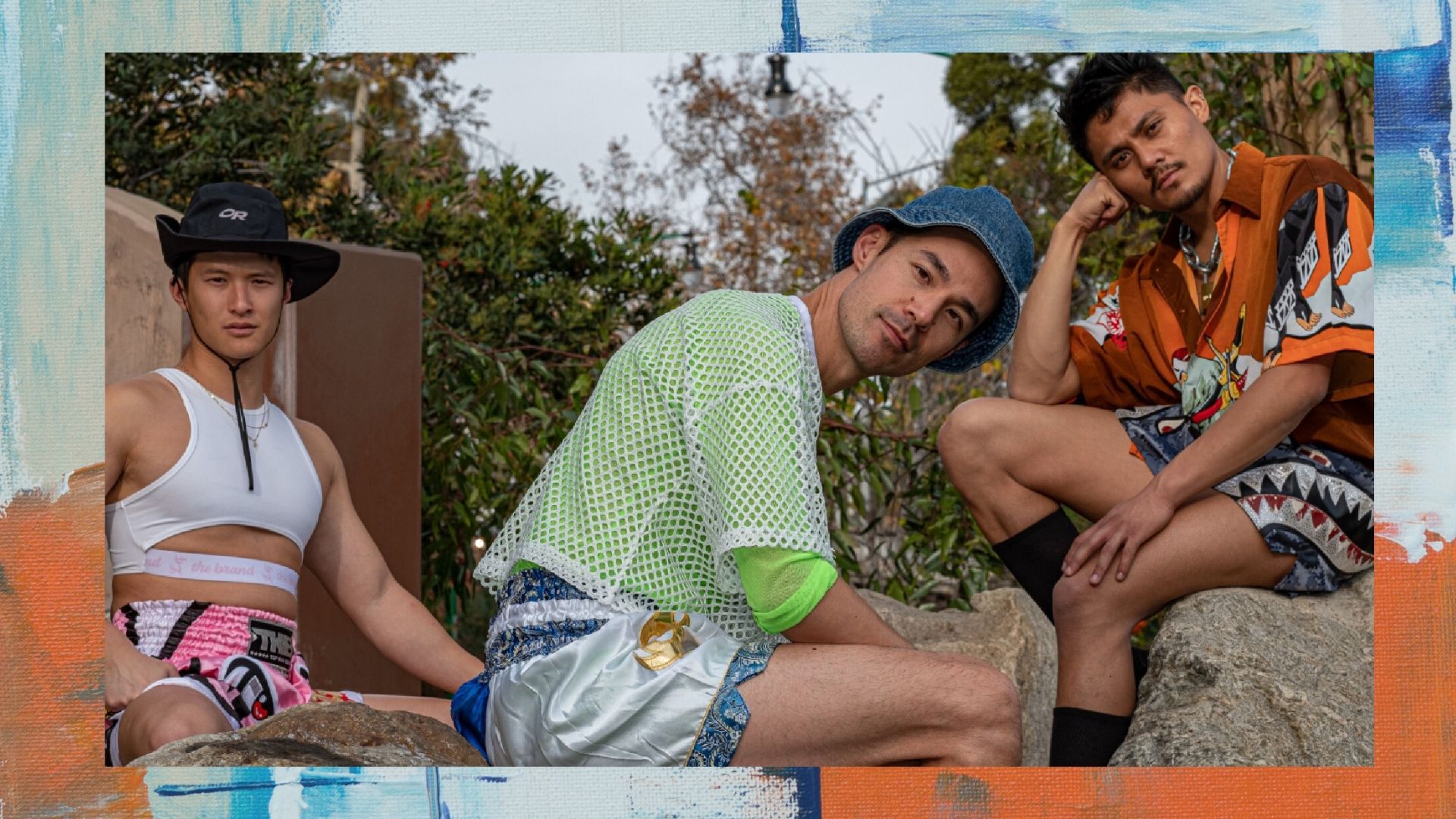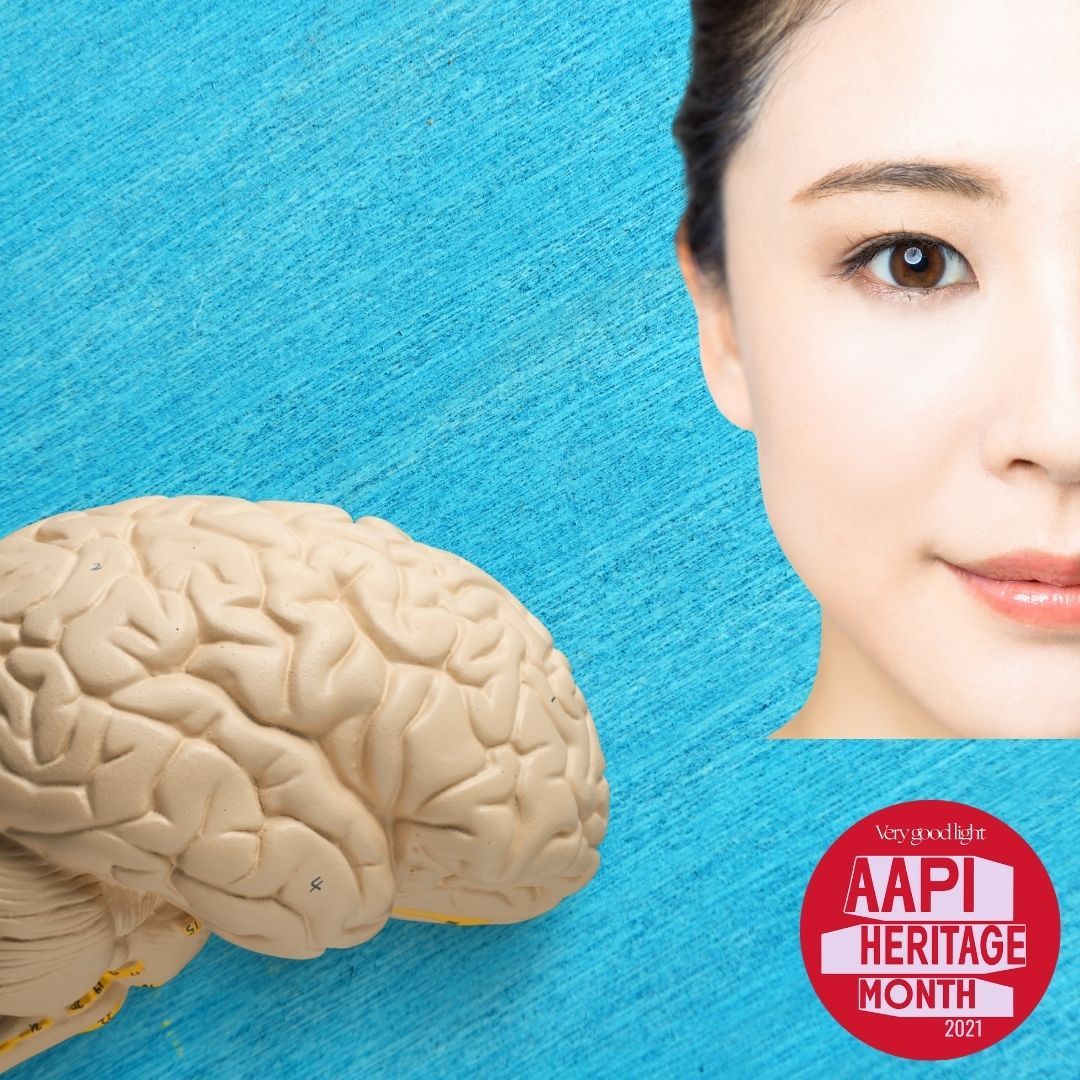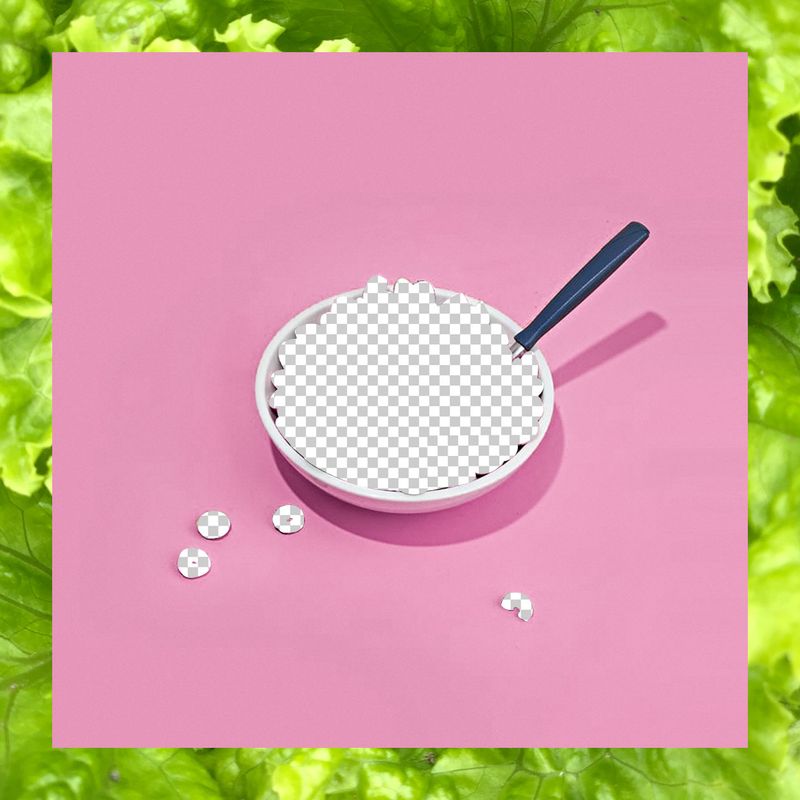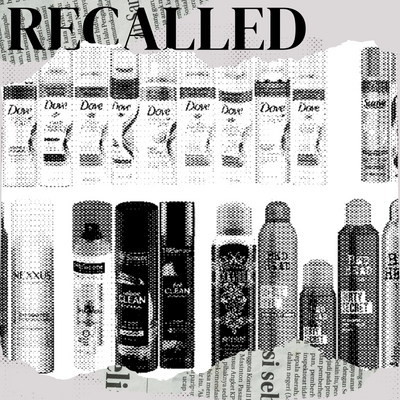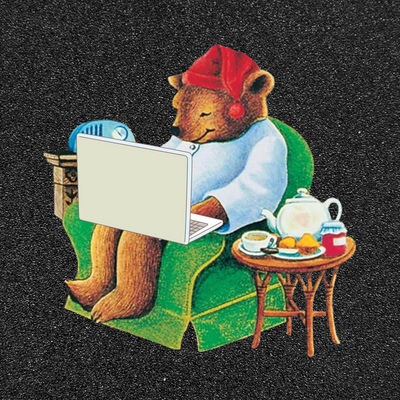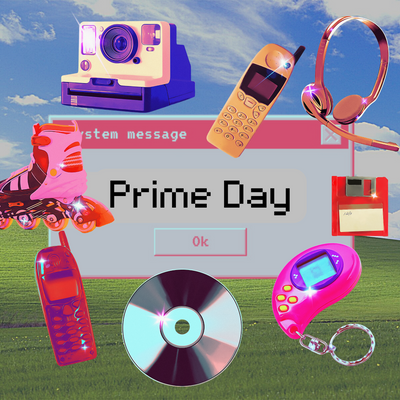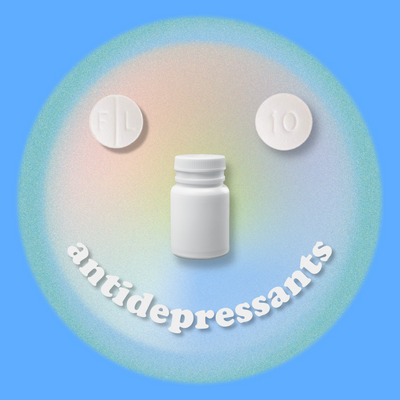[TW: eating disorders]
I have been on a diet since I was 11. The story goes like this: When I was in the fifth grade, I took my shirt off to change, and a nearby adult remarked, “look at those love handles!” I’m not even sure how I knew what love handles were at the time. Maybe I was a bright kid. Perhaps I asked Jeeves. The important part is that, from that moment on, I have monitored every piece of food I’ve eaten since then.
"Thinness was an economy where you brandished your wealth in visible skeletal structures."
It started with being very concerned with reading the nutritional facts on the back of my food, omitting anything that had more than a few grams of fat. (The term “good fats” had not been popularized.) During school lunch, I would only allow myself a carton of milk. Years later, I began to shoplift diet pills from the supermarket. In high school, I experimented with purging after I ate. Sometimes, even doing so in tandem with friends in my school bathroom after lunch.
I became fully formed in a culture that was so unilaterally pro-anorexia (or “pro-ana” for short—it even had a nickname!) that I’d be surprised if any of my peers were immune to the pressure. Thinness was an economy where you brandished your wealth in visible skeletal structures. It was absolute clown shoes.
None of this can be separated from the fact that I am a gay man. Several studies support the notion that gay and bisexual men have more disordered eating than their heterosexual counterparts. This can be chalked up to a multitude of things. Here’s a surprising one: Gay and bi men are more exposed to violence and PTSD, which studies have shown make you more vulnerable to eating disorders.
More obviously, there are physical standards within the gay community as well. It is not news or even profound to say that gay men experience more body dysmorphia than straight men. It can be neatly summed up with the idea that one person can simultaneously be “straight skinny” but “gay fat.” So, not only do many men struggle with how their bodies look to themselves, but also how their bodies fit into the template of larger gay culture.
LGBTQ youth are especially at risk. The ambient stress of adolescence paired with the navigation of your gender and sexual identity is a volatile mix. In a 2018 nationwide survey, The National Eating Disorder Association disclosed that 54% of the LGBTQ participants (ages 13–24) self-reported being diagnosed with an eating disorder versus 5% of their heterosexual peers.
More than two decades of dieting later, I often wonder if I’ve made any real strides. I still find myself trying to aim my crosshairs at whatever my new food enemy is. (Sometimes it’s sugar. Other times it’s carbs.) A few years ago, I ditched my bathroom scale entirely. I tell myself that progress isn’t linear. It’s a tough habit to break after spending more of my life doing it than not. Above all, I try to shift my focus to other facets of my person. I create things I’m proud of. I work hard to think about how I make others feel. I try to make myself laugh one thousand times a day. Eleven-year old Or would appreciate that.
If you or a loved one is struggling with an eating disorder, you can contact The National Eating Disorders Association helpline via live chat or at (800) 931-2237.
READ MORE LIKE THIS
